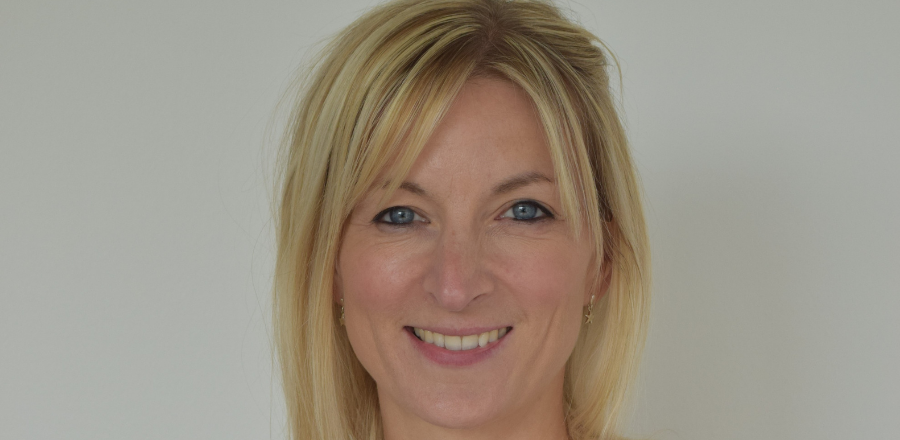Spotlight on perfectionism

Glasgow Caledonian University (GCU) Learning Developer Dr Jane McKay is leading a project examining the negative and positive impacts of perfectionism in a bid to improve the student learning experience.
Dr McKay, Senior Fellow of the Higher Education Academy (SFHEA) andGCU School of Health and Life Sciences (SHLS) Academic Development Tutor in the Learning Development Centre (LDC), has been awarded £5,000 by the University for the project.
‘HArnessing Perfectionism PositivelY (HAPPY): A partnership approach to promoting learner agency and health’ was among six SHLS projects awarded innovation funding to pilot new ideas, developments and projects that bring to life the University’s Strategy for Learning (SfL) 2030 and its transformative education vision.
Learner agency – which means giving students a feeling of ownership and sense of control over their learning – is at the heart of GCU’s Common Good mission as we believe our students have the capacity to set their own goals, reflect and effect positive change.
Project lead Dr McKay said there was a huge emphasis on partnership working with students and PhD student Dora Regoczi has been appointed as deputy to support the project.
Other members of the team include Doctorate of Physiotherapy (Pre-registration) student Laura Blackburn, Senior Lecturer in Physiotherapy Dr Shiv Shanmugam and Academic Development Tutor Kim Williams.
Dr McKay came up with the idea after studying perfectionism during her PhD and she has been working on a similar study looking at how perfectionism is affecting the student experience.
She said: “Perfectionism has been in my head for a long time because it was part of my PhD. I’ve been in this job since 2008 and interestingly I’ve seen perfectionism rearing its head a lot in one-to-one appointments with students.
“Kim and I have been working on another smaller-scale research project designed to look at how perfectionism is affecting the student experience. So, while I was working on that this call came out to apply for the SfL Innovation Funding. It now means I can do a much wider project looking at how perfectionism might influence learner agency.
“Perfectionism is quite a complicated construct. When we think about perfectionism, it is often viewed as negative, but it actually has positive and negative dimensions to it. The project is about harnessing that positivity and we expect that this will impact positively on learner agency.”
Dr McKay cited several previous studies that showed that perfectionism had increased in the student population over the years and that up to 66% of students were perfectionists, mostly thought to be a result of an increasingly competitive society.
She added: “One thing that comes out very clear from the literature is the relationship between mental health and perfectionism. When you get extreme perfectionism, it is associated with negative feelings and outcomes such as fear of failure, anxiety, depression and self-doubt.
“We will be involving lots of our students over different stages of the project. In the first stage we want to find out the level of perfectionism in students across the whole University. We will be asking students to fill out questionnaires on perfectionism and learner agency in a scoping exercise to get a benchmark of the state of perfectionism across the entire University.
“Then we will hold interviews and focus groups to find out what’s going on in the classroom, finding out how our learning and teaching practices might be nurturing perfectionism in positive and negative ways.
“After we find out what factors influence perfectionism we can then develop a set of recommendations to help harness the positive aspects of perfectionism. We will also look at how perfectionism might be affecting health and wellbeing and develop bespoke support based on the results. Overall, we hope that the project will have positive outcomes on both learning and health, which is why we wanted to call the project ‘HAPPY.’”
GCU's organisational strategy is guided by the Sustainable Development Goals issued by United Nations in 2015 as a blueprint for peace and prosperity across the planet. Dr McKay's project makes a direct and significant contribution to Sustainable Development Goal 3 – Good Health and Wellbeing and Goal 4 – Quality Education.
